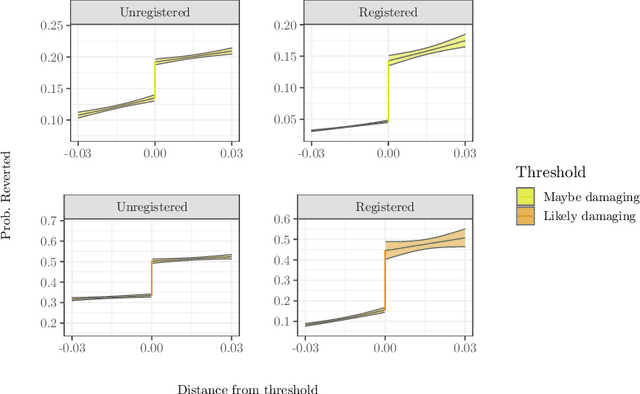Benjamin Mako Hill
Generative Agent Simulations of 1,000 People
Nov 15, 2024



Abstract:The promise of human behavioral simulation--general-purpose computational agents that replicate human behavior across domains--could enable broad applications in policymaking and social science. We present a novel agent architecture that simulates the attitudes and behaviors of 1,052 real individuals--applying large language models to qualitative interviews about their lives, then measuring how well these agents replicate the attitudes and behaviors of the individuals that they represent. The generative agents replicate participants' responses on the General Social Survey 85% as accurately as participants replicate their own answers two weeks later, and perform comparably in predicting personality traits and outcomes in experimental replications. Our architecture reduces accuracy biases across racial and ideological groups compared to agents given demographic descriptions. This work provides a foundation for new tools that can help investigate individual and collective behavior.
The effects of algorithmic flagging on fairness: quasi-experimental evidence from Wikipedia
Jun 04, 2020



Abstract:Online community moderators often rely on social signals like whether or not a user has an account or a profile page as clues that users are likely to cause problems. Reliance on these clues may lead to "over-profiling" bias when moderators focus on these signals but overlook misbehavior by others. We propose that algorithmic flagging systems deployed to improve efficiency of moderation work can also make moderation actions more fair to these users by reducing reliance on social signals and making norm violations by everyone else more visible. We analyze moderator behavior in Wikipedia as mediated by a system called RCFilters that displays social signals and algorithmic flags and to estimate the causal effect of being flagged on moderator actions. We show that algorithmically flagged edits are reverted more often, especially edits by established editors with positive social signals, and that flagging decreases the likelihood that moderation actions will be undone. Our results suggest that algorithmic flagging systems can lead to increased fairness but that the relationship is complex and contingent.
 Add to Chrome
Add to Chrome Add to Firefox
Add to Firefox Add to Edge
Add to Edge